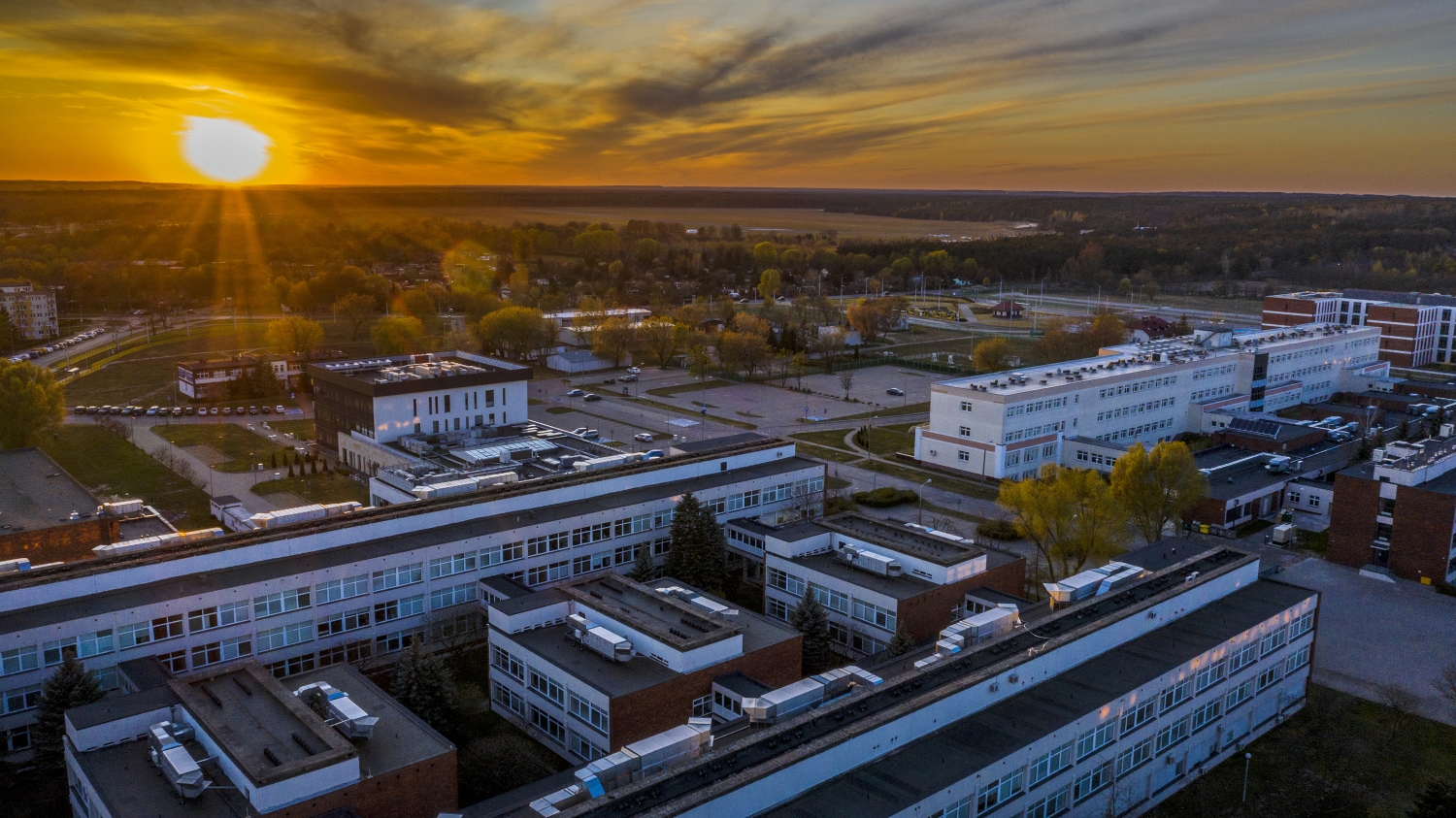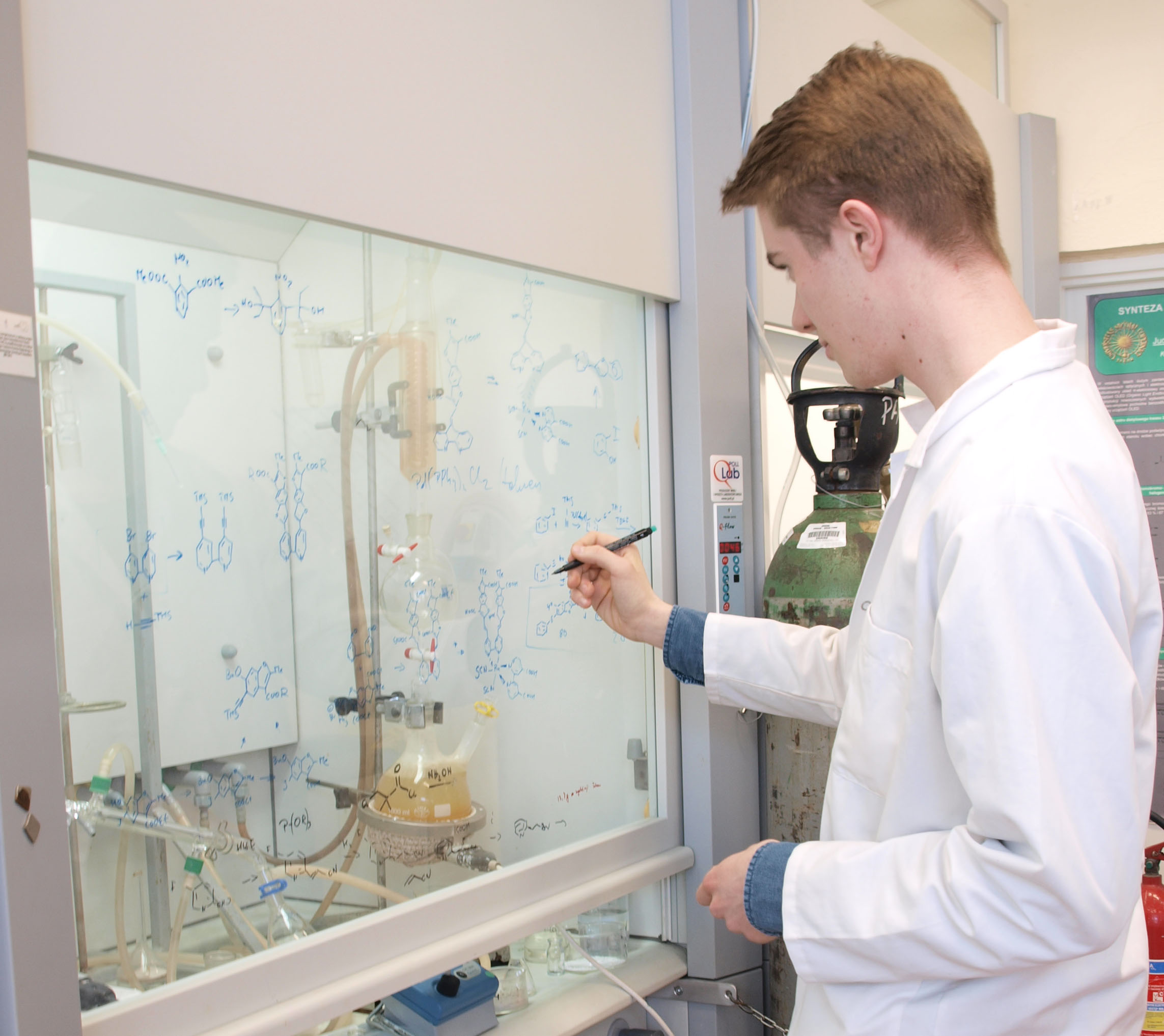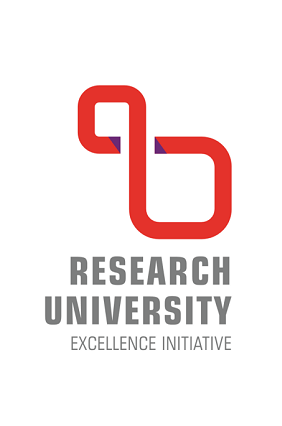Toruń is one of the most beautiful and recognizable cities in Poland. It’s known for its historical monuments (the Old Town is on the UNESCO World Cultural Heritage list), but also for its good student vibe. Its relatively small size makes it easy to get from one end to the other, and all the attractions are within easy reach. At the same time, there are many events and places where you can enjoy your free time. As a city situated in the central-northern part of Poland, Torun is a great starting point for exploring the country.
Nicolaus Copernicus University in Toruń is ranked 6th university in Poland. The University obtained the HR Excellence in Research award and as one of only 10 universities in Poland it can boast the title of Leading Research University. From July 2020 NCU is a full YUFE (Young Universities for the Future of Europe) consortium partner and from January 2023 – a member (as the only Polish university) of the Young European Research Universities Network (YERUN).
The Faculty of Chemistry is located on the main campus, adjacent to the Rectorate and Main University Library. The building, as a part of the original campus layout, has been recognized as a monument of Polish modernist architecture. The wooded surroundings of the building and the atmosphere on campus make it a great place to study and spend time between classes.

Teaching and research work is organized at the Faculty within ten departments. The faculty has well-equipped research laboratories and a specialist Laboratory for Instrumental Analysis, which is also available to external entities. The teaching laboratories are also undergoing gradual modernization.
Currently, 98 academic teachers and a number of other supporting staff work at the Faculty. The number of senior academic staff (full professors, associate professors, doctors habilitati and active emeriti professors) amounts to 51. In the last evaluation of scientific activity, the discipline of chemical sciences at the Faculty of Chemistry received the highest category A+.
Faculty of Chemistry offers a range of undergraduate and graduate student programmes, coupled with research that spans all major disciplines of chemistry as well as emerging interdisciplinary fields. Graduates of our Master’s programmes may apply for admission to doctoral studies within one of the two doctoral schools at the University of Nicolaus Copernicus.

Chemistry programmes highlights
- Our theoretical modules are supported by extensive practical sessions in the laboratory, allowing students to perform experiments that reinforce the material taught in the lectures. More than one-third of the teaching classes are laboratories.
- The choice is an important aspect of our curriculum. Optional courses are available to Chemistry students across all years of study.
- During the diploma project work, students will access specialist facilities and laboratories.
- There are lots of opportunities for students to work alongside our academics and get involved in the research happening at the Faculty. Upper year students and Master’s degree students are often co-authors of scientific articles.
- We aim to enable our students to achieve their full potential within a supportive environment. Small class groups are used to support the teaching, so students get regular feedback from the academic staff helping them solve any problems that they might have with a particular topic.
- Students of first-cycle studies undergo mandatory student internships. Students of all degrees have the opportunity to participate in internship programs as part of EU projects conducted in the Faculty. We also offer student exchange opportunities (e.g. under ERASMUS+ programme).
- Talented students have the opportunity to participate in the “Study with a Mentor” programme. Throughout the programme, the mentor acts as a guide and advisor, assisting the participant in his/her scientific development.
BSc Chemistry offers students a bachelor’s degree based on the foundations of mathematical and natural sciences combining knowledge of general chemistry, analytical chemistry, physical chemistry, organic chemistry, inorganic chemistry, quantum chemistry, applied chemistry and materials, environmental chemistry and ecology, and chemical technology and engineering. Students gain theoretical and practical knowledge in the field of obtaining, analyzing, characterizing and safe use of chemical products and waste management. They learn chemical, physical and biological phenomena and processes occurring in nature as well as technological principles and schemes. This programme provides a solid foundation of chemical knowledge and specific skills gained during the laboratory classes and internships in reputable companies, including EU projects carried out at the Faculty of Chemistry of Nicolaus Copernicus University.
The MSc programme in Chemistry combines formal coursework with independent research guided by an experienced researcher. The two-year Master’s degree in chemistry provides an opportunity to gain a comprehensive education by consolidating and expanding knowledge in analytical, physical, inorganic, organic, coordination, polymer, biomedical, environmental and bioanalytical chemistry, food chemistry, cosmetics, theoretical chemistry, crystallochemistry or chemical technology. Students acquire skills in planning and executing experiments and analyzing results and literature data.
Those who feel that the curriculum is not enough and who are eager to discover interesting scientific issues may join the Chemistry Students Association. The members of the society are very active not only in research, presenting results at national and foreign conferences, but also actively promote chemistry and the Faculty preparing interesting shows for a wide audience.
Our foreign students are an integral part of our community and take an active part in department events, such as open days, the annual Antoniada science picnic and others.



 ul. Gagarina 7, 87-100 Toruń
ul. Gagarina 7, 87-100 Toruń